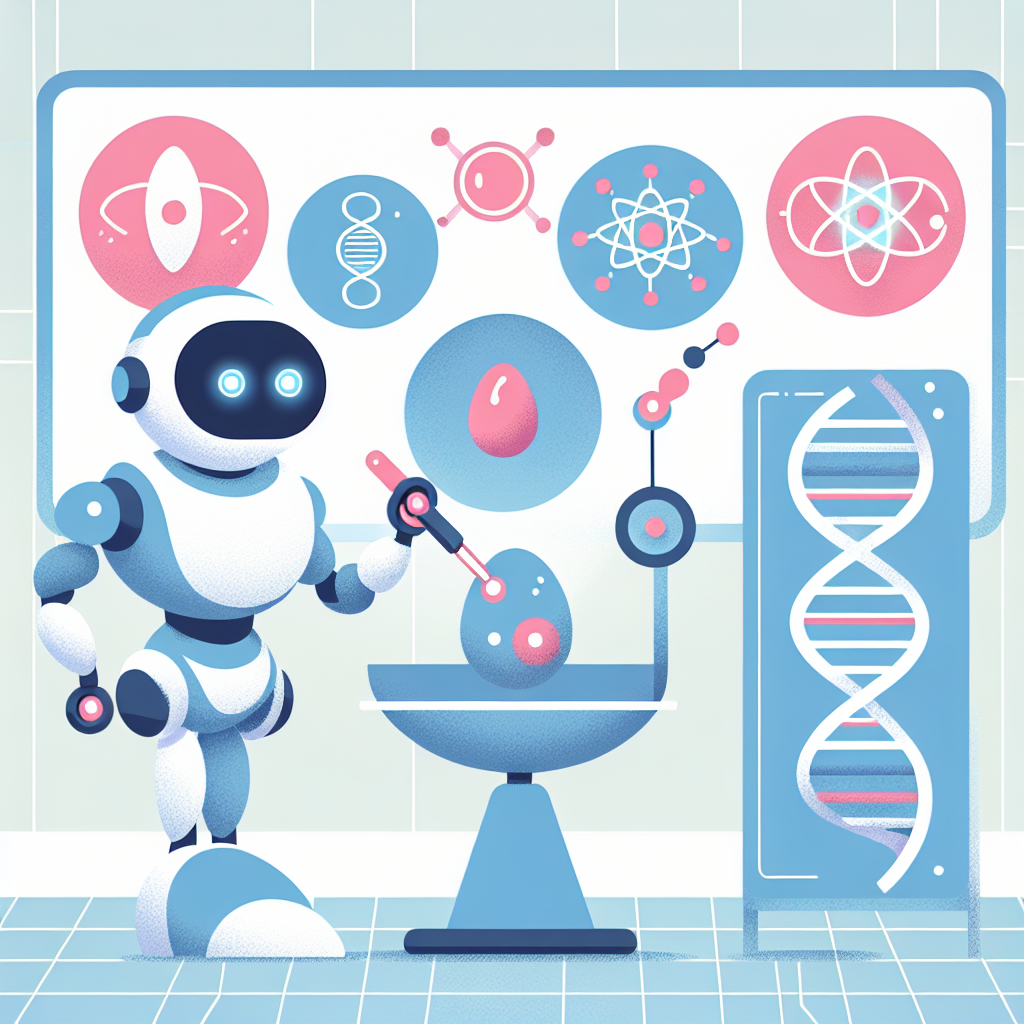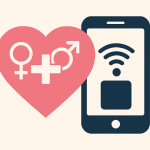
The Intersection of AI and Sexual Health
Introduction
In recent years, the landscape of sexual and reproductive health has witnessed profound transformations. Two pivotal advancements—artificial intelligence (AI) and evolving healthcare policies—are now at the forefront of reshaping how we perceive and manage sexual health globally. The integration of AI in healthcare promises a revolution in diagnostics and treatment, while policy changes continue to define access and autonomy over reproductive rights.
The Role of AI in Sexual Health
AI’s integration into healthcare has shown promise, particularly in areas like drug-resistant infections. For instance, AI’s role in designing antibiotics for sexually transmitted infections like gonorrhea marks a significant leap. By creating AI-designed drugs to combat STIs, we could effectively curb the spread of infections that once seemed unstoppable due to antibiotic resistance. The Massachusetts Institute of Technology has pioneered studies in this arena, offering hope for more efficient and targeted treatments.
Policy Shifts: Political Influence on Reproductive Health
Political landscapes heavily influence sexual health and reproductive rights. One significant development is Project 2025, which seeks to severely limit reproductive autonomy, potentially rolling back years of progress in women’s health rights (Guttmacher Institute). This has sparked widespread debate on the intersection of healthcare and politics, stressing the importance of safeguarding personal rights amidst political shifts.
Advancements in Public Health Policies
Public health agencies continue to adapt guidelines to address contemporary health challenges. For example, the World Health Organization (WHO) released new guidelines aimed at preventing adolescent pregnancies, highlighting the need for comprehensive approaches to tackle early pregnancies globally (WHO).
AI and Sexual Health Education
Education remains a cornerstone for improving sexual health outcomes. AI can enhance educational outreach, making information about sexual health more accessible. With AI-driven platforms, individuals can access personalized learning experiences, gaining a better understanding of reproductive health and safe practices.“
Challenges and Ethical Considerations
Despite the advantages, integrating AI into sexual health isn’t without challenges. Issues surrounding data privacy, ethical AI usage, and equitable access must be carefully navigated. As AI systems learn and evolve, ensuring they do not perpetuate biases or violate privacy is crucial.
Conclusion
The convergence of AI and sexual health heralds an exciting era of possibility. By fostering innovation while safeguarding reproductive rights and ethical standards, we can pave the way for a future where sexual health not only thrives but adapts to meet the evolving needs of society. As healthcare continues to evolve, ongoing dialogue and collaboration among stakeholders will be key to ensuring these advancements translate into universal benefits.

